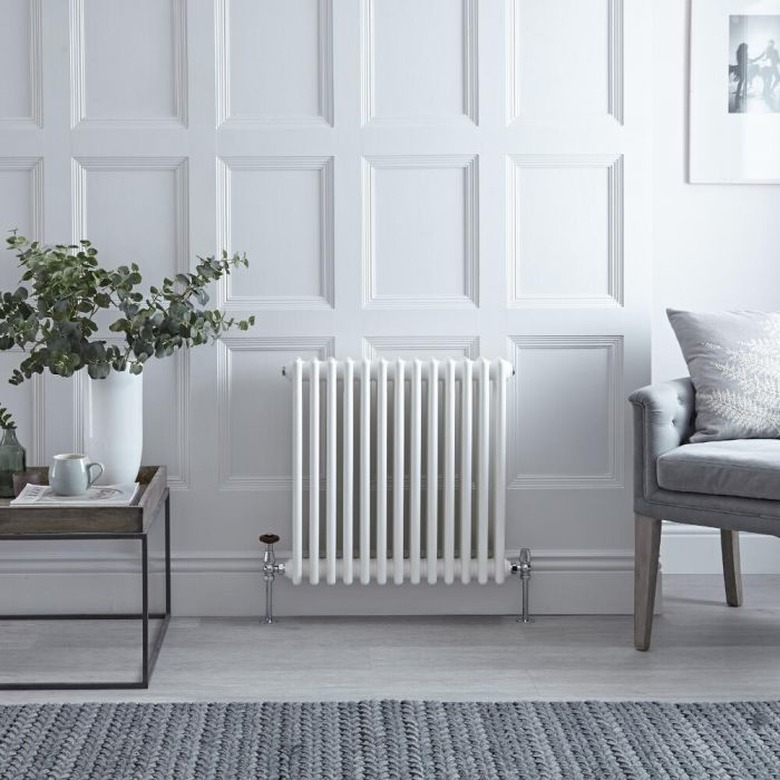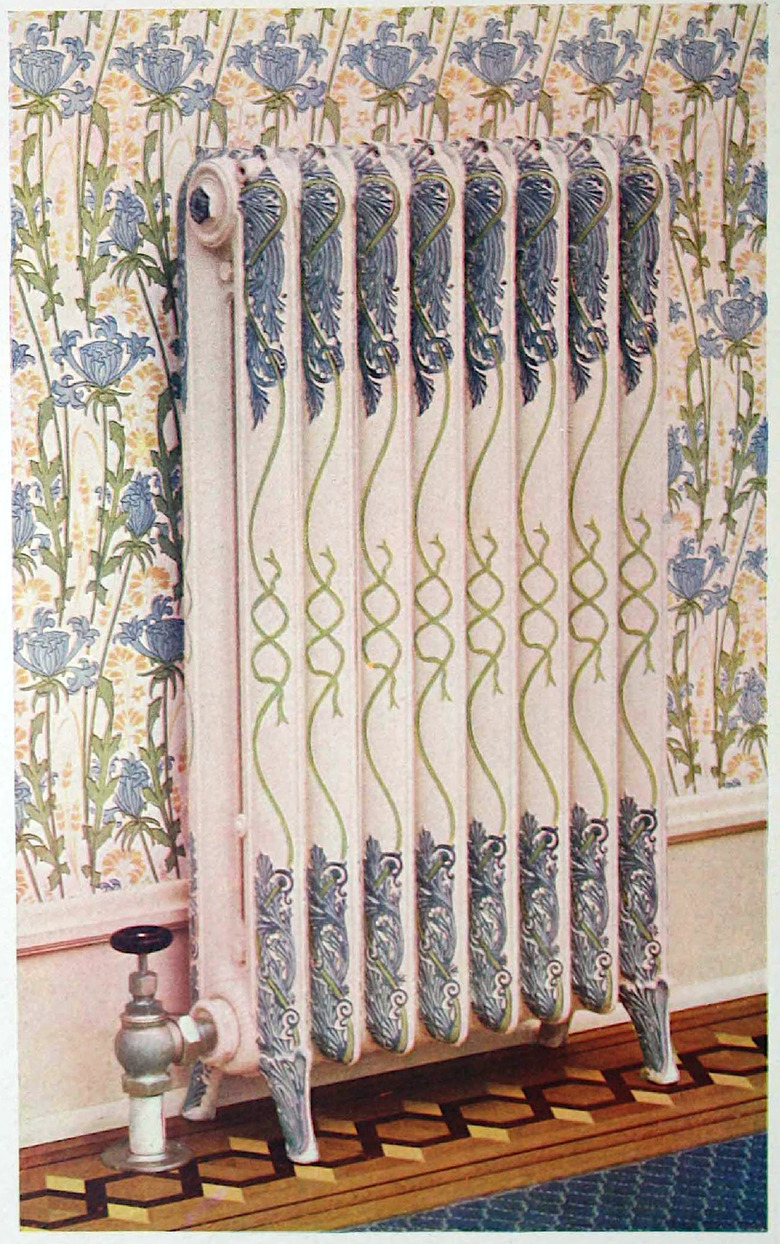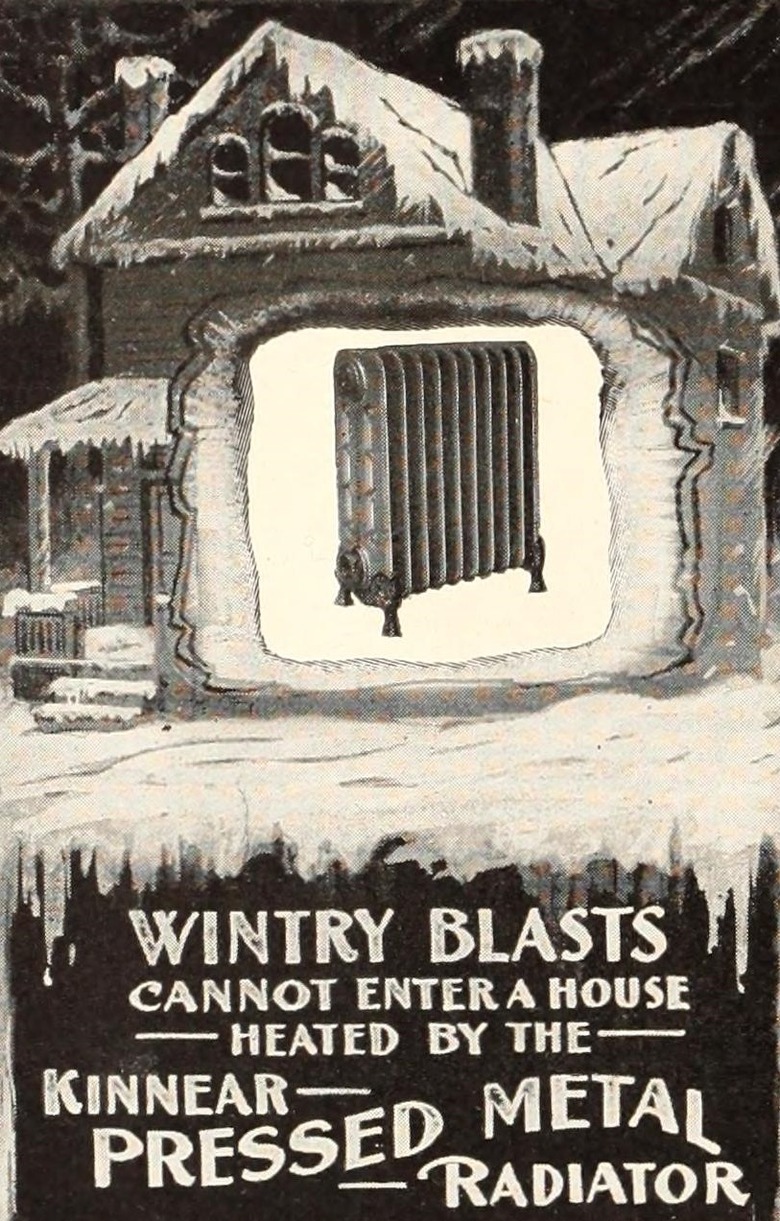The Pandemic-Related Secret You Might Not Know About Your Radiator
If you live in a northern city like New York City and in a building that was constructed during the first third of the 20th century, then you're probably familiar with the steam-heated column radiator. (Yes, the one that is notorious for its annoying sounds.) However, did you know that this radiator was actually designed to provide health benefits during a pandemic?
During the global Spanish flu pandemic that began in 1918 — which killed an estimated 50 million worldwide — a 2008 edition of Old-House Journal reports, "The Board of Health responded in 1919 by insisting that people keep their windows cracked open during the winter to let in fresh air." According to writer and industry expert Dan Holohan, per Bloomberg, this advice initially took hold after the Civil War. At that time, it was believed that fresh air was essential for good health. (Now, especially during the COVID-19 pandemic, we know that this is correct.)
Engineers responded to public health officials' declarations by working on heating systems with fresh air in mind, designing radiators that could be used with the windows open during wintertime. However, since these durable steam heating systems are still around, modern conveniences have made them less ideal for today's inhabitants.
Due to changes in power sources and insulation, these early-20th century radiators now tend to overheat the rooms they're in. Plus, they're not supposed to make loud sounds. According to Holohan, if your radiator is making obnoxious noises, that's likely due to poor building maintenance over time.
Interestingly, Holohan adds that there are remedies to combat unwarranted radiator heat. The National Bureau of Standards found that a bronze or aluminum paint can reduce the emitted heat. Also, radiator covers can do the same while preventing kids from burning themselves on the appliance.
With all of this in mind, if you live in a space with this type of radiator, perhaps you'll start opening your windows when the heat is turned on? Or, at least you'll stop blaming them for making noise.
h/t Twitter user Ana Bretón


